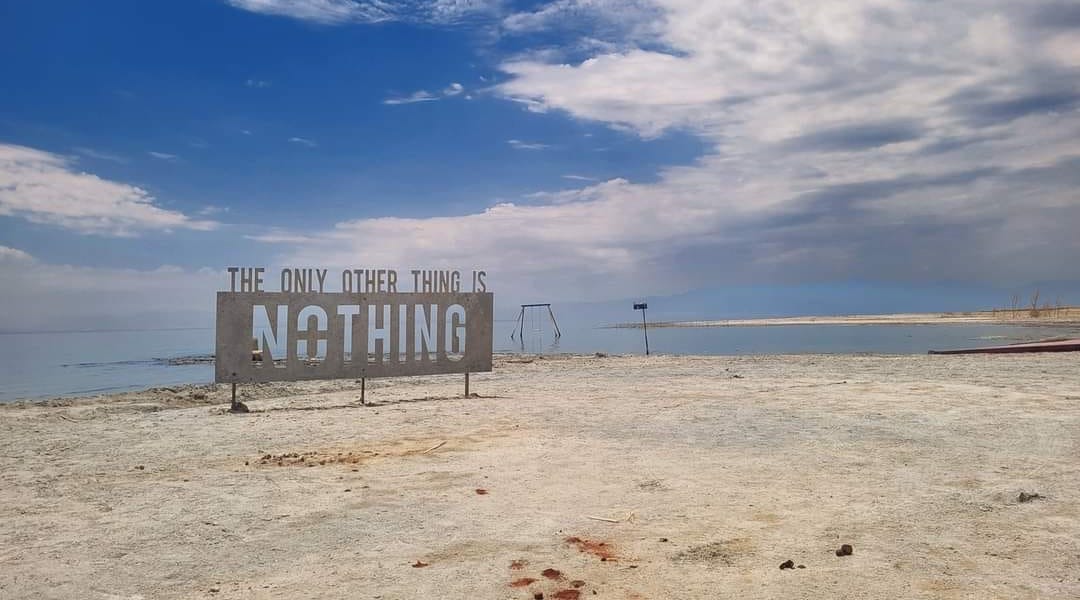Visions of a Post-Apocalyptic Internet: The Future of Democratized Information
Visions of a Post-Apocalyptic Internet: The Future of Democratized Information
My thoughts on the #futureoftheinternet, #digitalfreedom, #freedomofinformation, and #accessibility--with some #FOSS and #anarchy thrown in, of course.
I absolutely welcome comments and feedback offered in good will from the informed minds gathered in this particular digital space #Lemmy #Fediverse #keepsmesane
